Yes, I froze - and my mistake killed 96 fans, admits Hillsborough chief
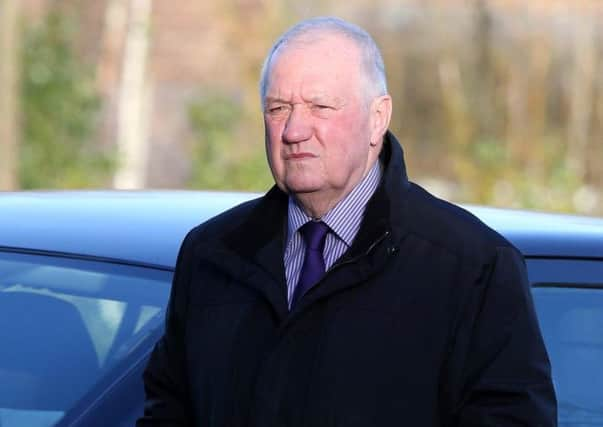

David Duckenfield, 70, accepted he “froze” during the 1989 football disaster before he ordered the opening of an exit gate to relieve congestion outside the Leppings Lane turnstile.
The now retired police chief was responding to questions from Paul Greaney QC, representing the Police Federation, during his sixth day of evidence at the new Hillsborough inquests in Warrington, Cheshire.
Advertisement
Hide AdAdvertisement
Hide AdMr Greaney reminded Mr Duckenfield of his earlier evidence to Christina Lambert QC, counsel for the inquest, about his state of mind after the opening of Gate C when he told her: “It was a momentous decision and your decision is such that you do not think of the next step. My mind for a moment went blank.”
Asked again if he had “froze”, Mr Duckenfield said: “It appears to be a distinct possibility.”
Mr Greaney said: “You know what was in your mind and I will ask just one last time. Will you accept that in fact you froze?”
“Yes sir,” said Mr Duckenfield.
Mr Greaney went on: “Do you agree with the following, that people died in a crush in the central pens?”
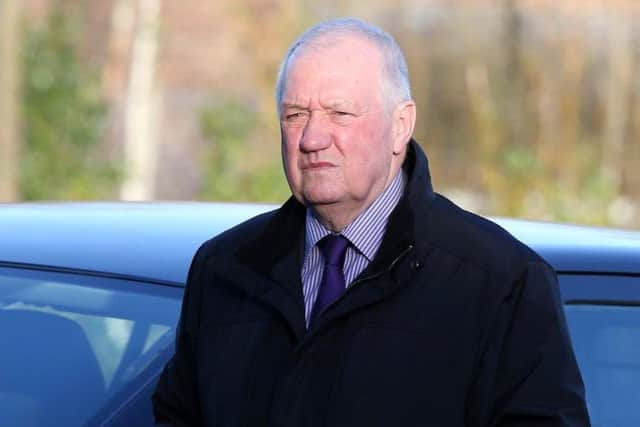

Mr Duckenfield said: “Yes sir.”
Advertisement
Hide AdAdvertisement
Hide AdMr Greaney said: “That if they had not been permitted to flow down the tunnel into those central pens that would not have occurred?”
The witness repeated: “Yes sir.”
The barrister continued: “That closing the tunnel would have prevented that and therefore would have prevented the tragedy.”
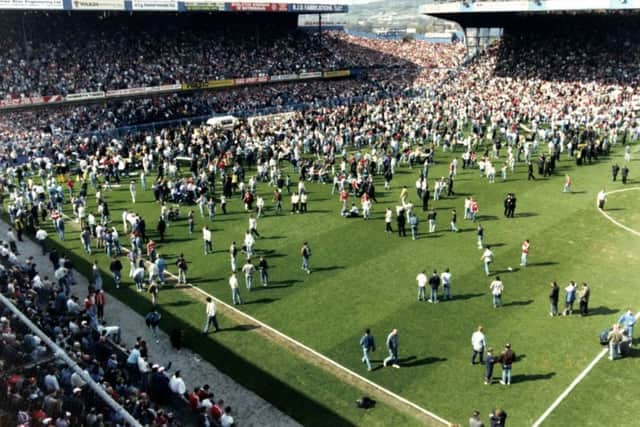

Mr Duckenfield said again: “Yes sir.”
Mr Greaney said: “That you failed to recognise that there was a need to close that tunnel.”
Mr Duckenfield said: “I did fail to recognise that sir.”
Mr Greaney said: “And therefore failed to take steps to achieve that.”
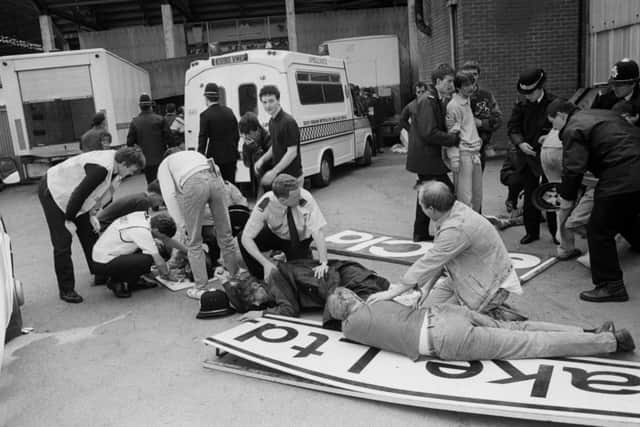

Mr Duckenfield replied: “I did sir.”
Advertisement
Hide AdAdvertisement
Hide AdMr Greaney said: “That failure was the direct cause of the deaths of 96 persons in the Hillsborough tragedy.”
Mr Duckenfield said: “Yes sir.”
Mr Duckenfield agreed with Mr Greaney that it was “totally unacceptable” that a match commander “did not have a grip on the geography of that ground sufficient to enable you to understand the consequences of your decision making”.
He also accepted that when giving evidence to Lord Justice Taylor it appeared that he was aware that the congested Leppings Lane turnstiles did lead to the central tunnel.
Mr Duckenfield said he did not want to go into detail about his “personal circumstances” - he has previously said he suffered post-traumatic stress - but it may have been he was “confused” when giving evidence in 1989.
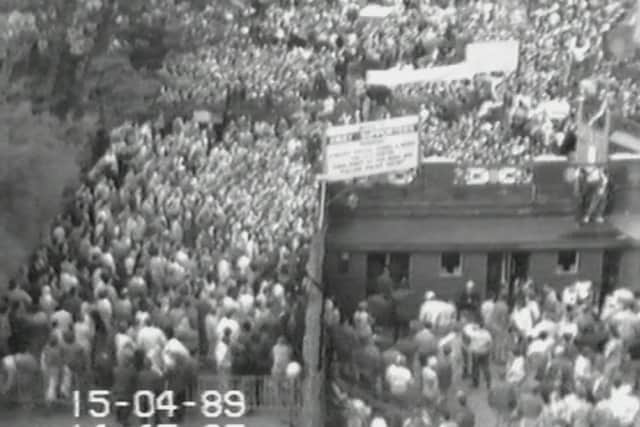

Advertisement
Hide AdAdvertisement
Hide AdMr Greaney said: “The other possibility that I put to you is that you did at the time know much more about the geography of that ground and you are seeking to conceal that knowledge from this jury.”
Mr Duckenfield said: “I can assure you, sir, I had no idea where fans would go from A to G (turnstiles) or the opening of Gate C.”
Mr Greaney pointed out that Mr Duckenfield could have looked at a plan of the ground layout in the police control box before opening the gate at 2.52pm and that he could have consulted a fellow senior colleague with greater experience of the ground.
The barrister told the court that another officer who was in the control box, who was operating the CCTV cameras, had earlier told the jury that he thought Mr Duckenfield was “not a leader in that control room during that critical period”.
Advertisement
Hide AdAdvertisement
Hide AdMr Greaney asked Mr Duckenfield: “Do you agree that (the officer) was describing a match commander who had frozen?”
Mr Duckenfield said: “It is a possibility, sir, but that is his view and I cannot comment further.”
Mr Greaney said: “Can you not tell us whether on that day in that situation you simply froze?”
The witness replied: “Sir, I think it is fair to say that we were all in a state of shock.”
Advertisement
Hide AdAdvertisement
Hide AdMr Greaney said: “You were the one whose job it was to get past any feelings of shock, do you agree?”
Mr Duckenfield said: “Yes, sir, but I am human.”
Mr Greaney said: “Do you agree that you failed to offer any true leadership in that situation on that day?”
The witness replied: “That is not my view.”
Earlier, Mr Duckenfield agreed with Mr Greaney that it would be “disgraceful” and “cowardly” to try to shift blame for his own failings to officers under his own command.
The retired chief superintendent of South Yorkshire Police has previously said he had expected police officers on the perimeter track of the ground and those in the West Stand overlooking the Leppings Lane terrace pens to have kept an eye on monitoring the filling of them.
But he accepted they had no received formal instructions to do so.
READ MORE...